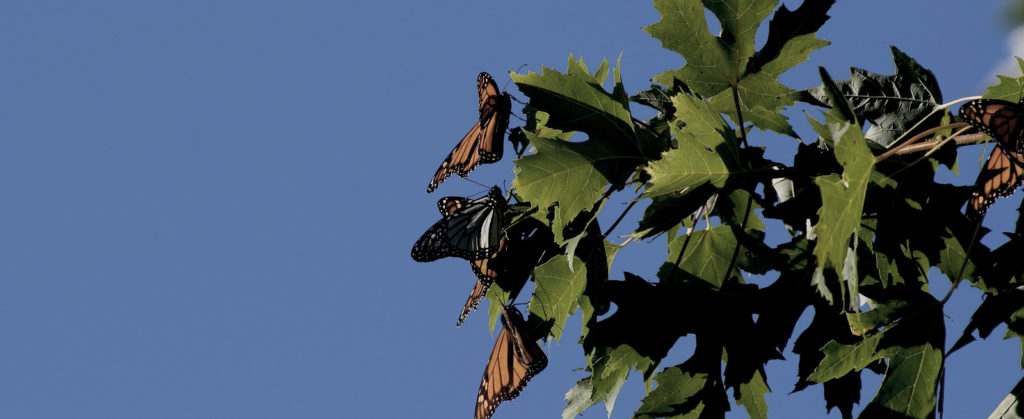- Services
- Learn more
All Services

Our Services meet all of your business needs.
- Learn more
Consulting Services

Experts in all things telecommunications, from funding to infrastructure.
- Learn more
Telecom Services

Transforming healthcare communications with strategic telecom estate management.
- Learn more
FundCapture

FundCapture: HCF services and platforms to reduce healthcare broadband expenses.
- Learn more
Network Assessment Services

Gain insight into all aspects of your organization’s network including WAN, LAN, Wireless and Voice.
- Learn more
Network Operations and Management

One point of contact for everything from network management to day-to-day operations
-
- Specialties
- Learn more
Specialties

We have it covered from healthcare,to state,government or private networks.
- Learn more
Healthcare Technology Services

Whether it is FG or Pointcore, we have helped over 1,760 hospitals and clinics with their technology decisions.
- Learn more
State Fiber Networks

We help improve connectivity between state-led organizations through planning, building, and managing their fiberoptic networks.
- Learn more
Government Broadband Strategy

When a city or county needs broadband, they turn to FG.
- Learn more
Private Fiber Networks

We help organizations plan, build, and operate a fiberoptic network to with the most technologically.
- Learn more
Strategic Technology Management

We design, build and manage what you need to buy better, connect better and network better.
-
- Our Divisions
- Learn more
Our Divisions

Each FG division operates as their own company but share a mission to help our clients network better.
- Learn more
FG Strategic Services

If you’re here, then we’ll work with you to get there. Everything is designed to do what you need to do because we don’t believe in boxes.
- Learn more
Fiberutilities Network Services

A professional management company that provides business strategy, operations management, field resources, and 24/7/365 network monitoring.
- Learn more
Pointcore Network Services

A joint venture between FG and Pointcore providing strategic LAN and WAN services to critical hospital environments.
-
- Company
- Learn more
About Us

At your side. At your service. That’s FG.
- Learn more
Expertise

Our leadership team has deep experience in WAN, LAN, fiber, network operations and management, telecom, and healthcare technology.
- Learn more
Clients and Partners

FG proudly partners with these companies to serve our clients.
- Learn more
Success Stories

Our clients tell our story better than we do.
- Learn more
News and Blog

Read our news and blogs, watch our webinars or join us at a conference.
-
-
- Contact Us

